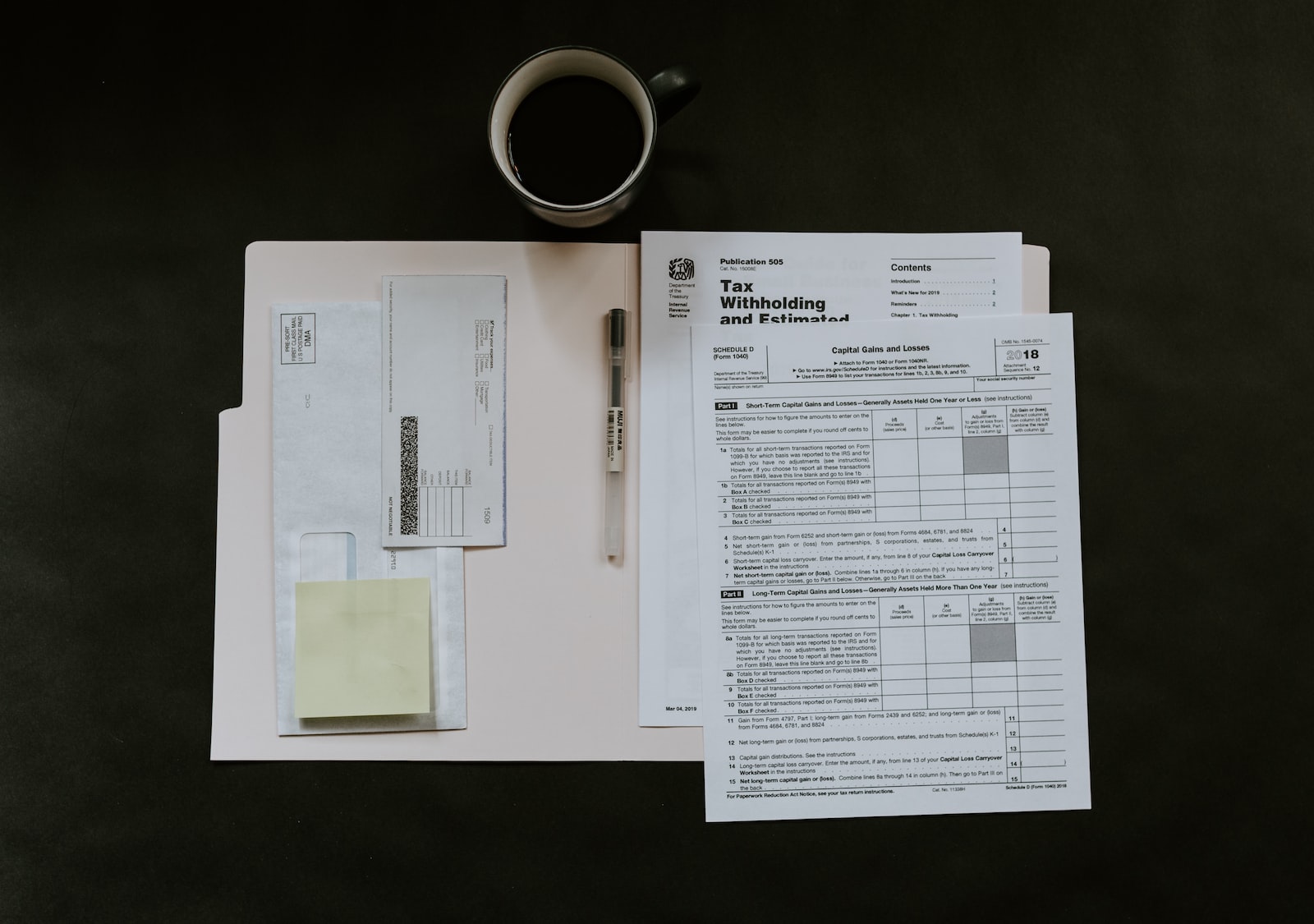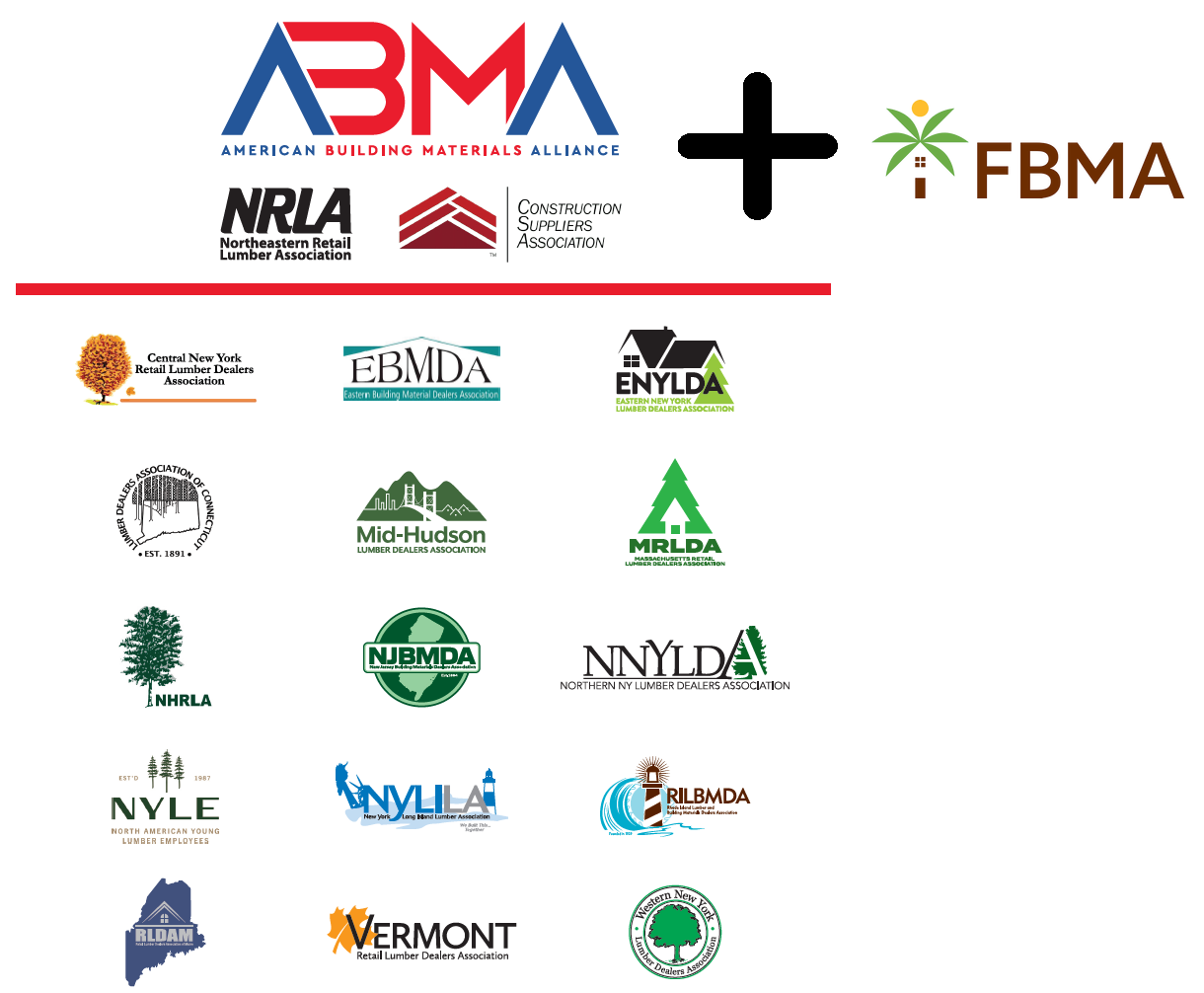The bonus depreciation tax credit allows a company to write-off the cost of new equipment in the year in which it is purchased. Through 2022, businesses were allowed to write-off the full cost of such equipment, also referred to as full expensing. However, despite the efforts of the American Building Materials Alliance, along with the larger business community, this credit is now beginning to phase out. Since Congress did not extend the 100% bonus depreciation credit, businesses can now only deduct 80% of the value of any equipment they purchase in 2023 and if nothing is done, this deduction will completely phase out by 2027.
ABMA is pushing for 100% bonus depreciation to be reinstated in 2023. We expect that if Congress reinstates this deduction, it will be retroactive to cover all expenses in 2023.
Some History
For over two decades, the tax code has allowed for some form of first year expensing known as bonus depreciation, a tax incentive that allows a business to immediately deduct a large percentage of the purchase price of eligible assets, such as machinery, rather than write them off over the “useful life” of that asset. Since 2017, businesses have been able to deduct 100% of depreciation upfront on their federal tax return. Known as full expensing, this accelerated depreciation method has allowed our member companies to continue to invest in their businesses, including in their employees, despite challenging economic conditions over the last few years.
For businesses in our sector, the ability to write off 100 percent of the value of an asset in the year in which that asset is purchased has been critical. While ABMA companies are relatively smaller in scale, they nonetheless incur considerable capital expenditures on equipment to run their daily operations. ABMA members regularly invest in new forklifts, trucks, and other equipment to move building materials into and around their facilities and ultimately to the construction job site.




